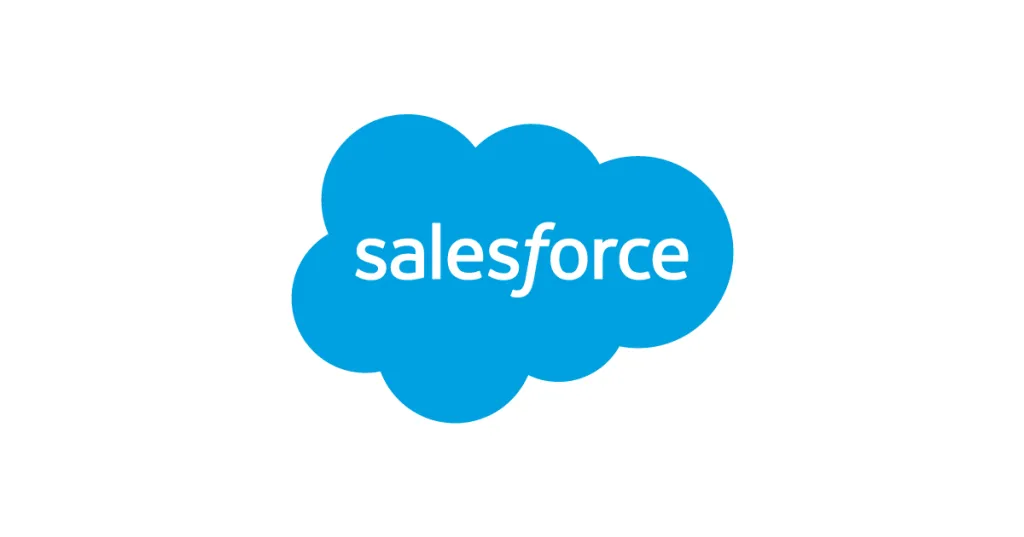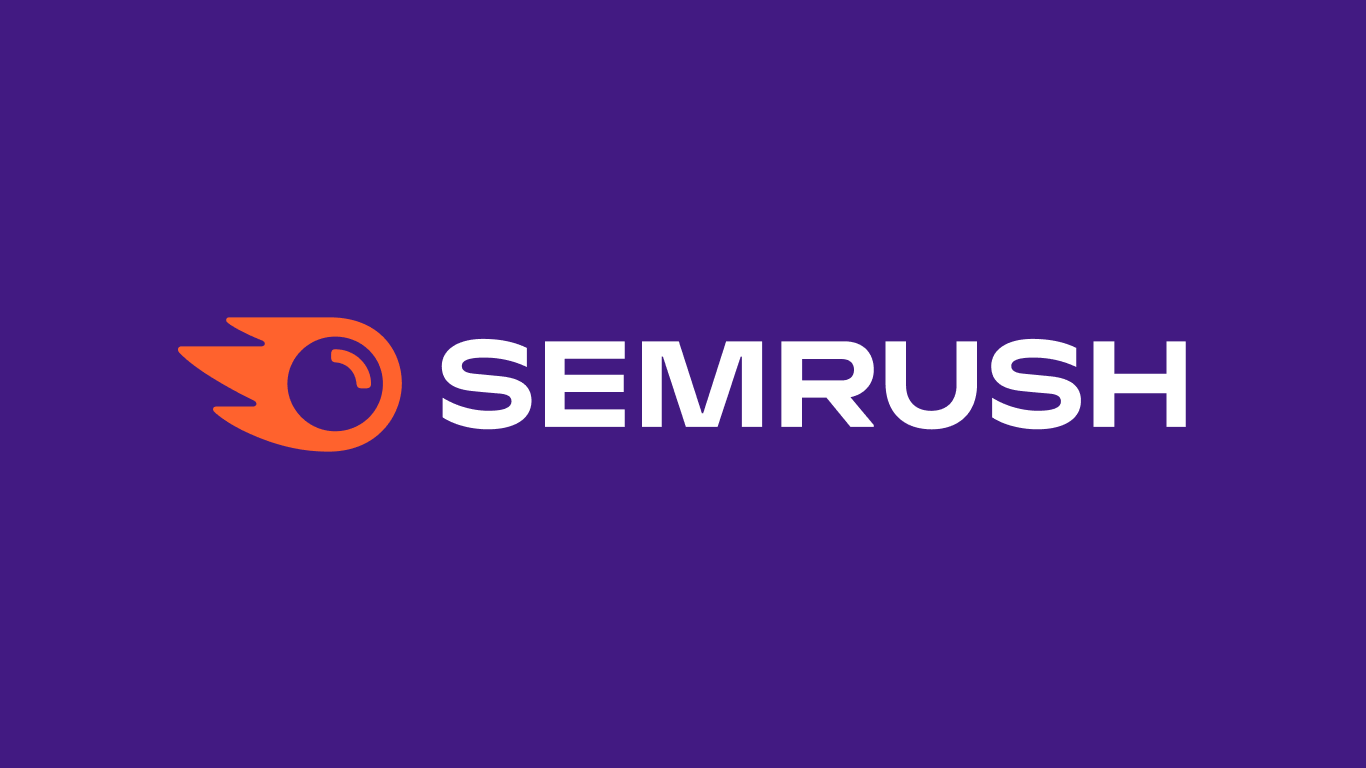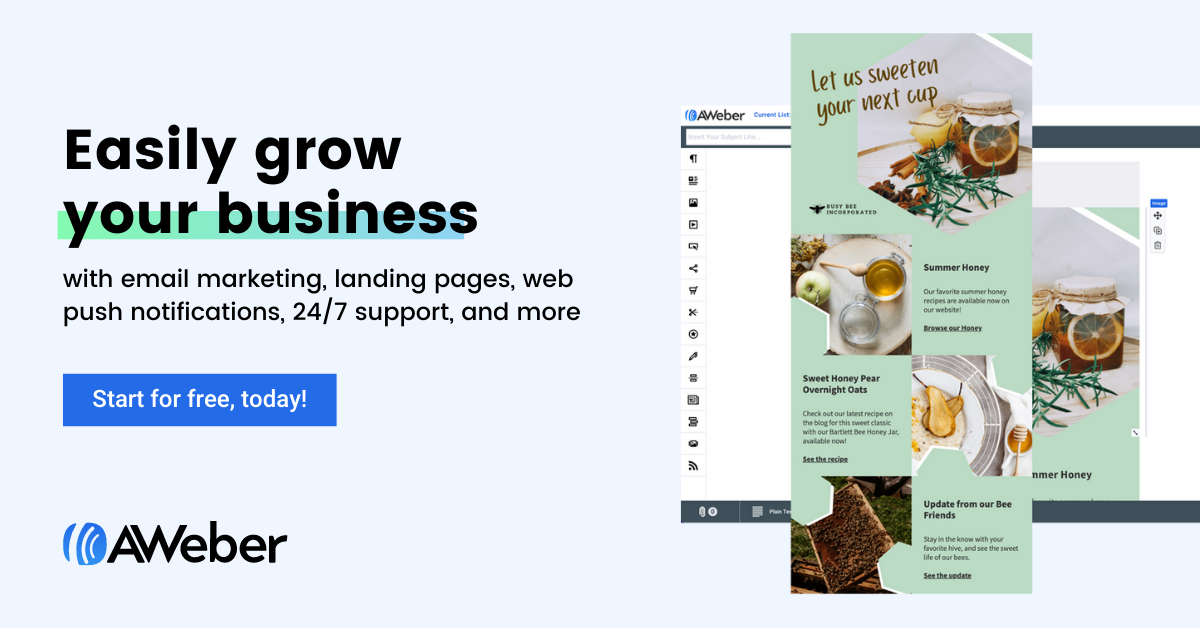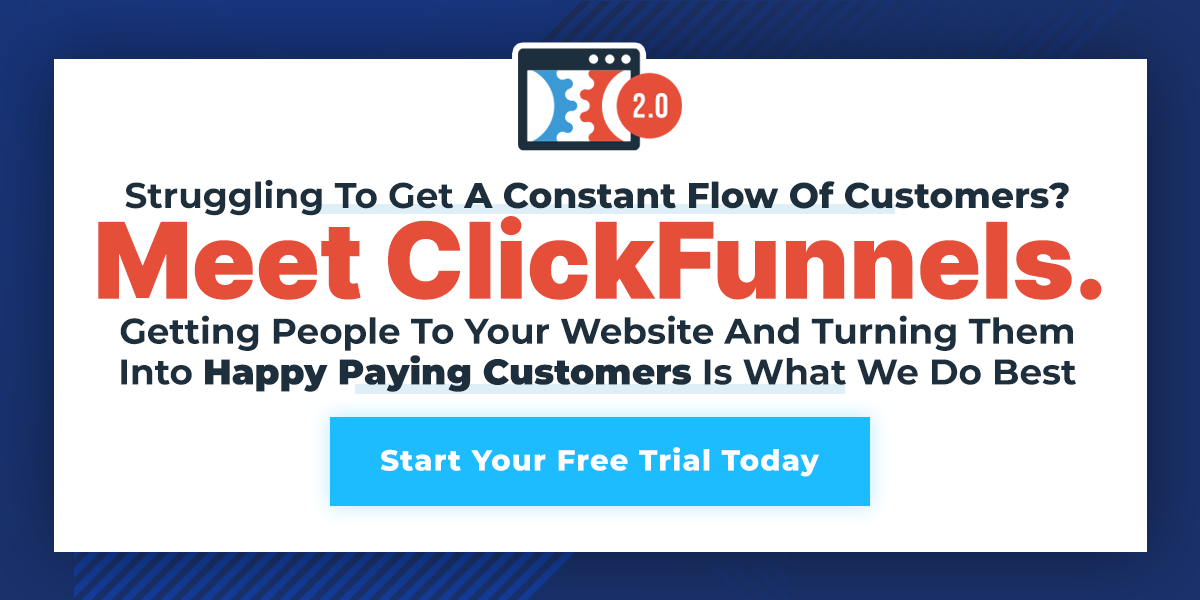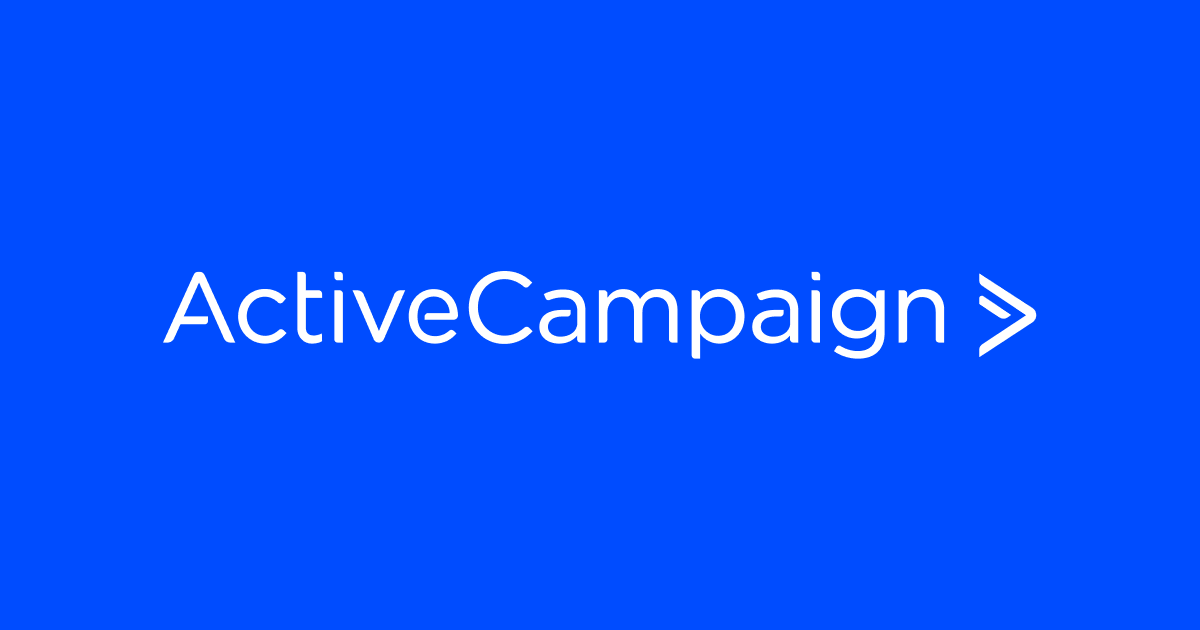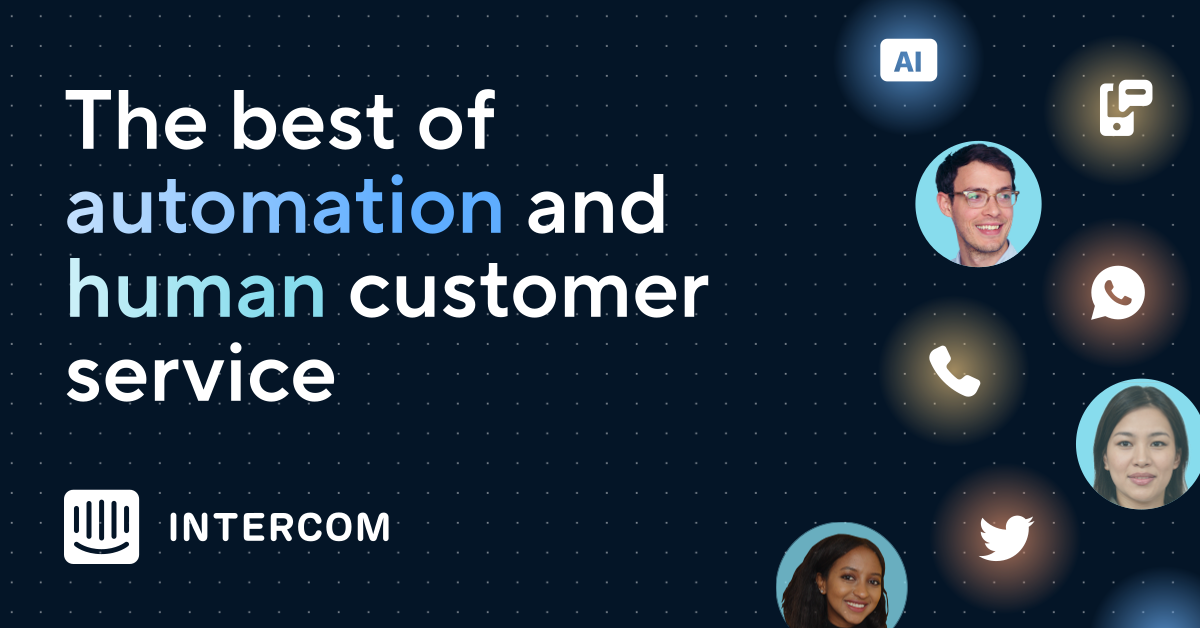Introduction
Generating quality leads is crucial for any business to thrive. With growing competition and a more digitally-savvy audience, traditional lead generation tactics are not as effective anymore. To stay ahead of the curve, businesses need sophisticated yet easy-to-use lead generation software that can power personalized, omnichannel campaigns at scale. This article evaluates 15 of the best and most popular lead generation solutions currently available based on key criteria to help pick the right one.
Methods of Evaluation
The lead generation software were evaluated based on features, pricing, ease of use and real customer reviews. Additional criteria like number of backlinks, organic traffic and keyword trend data were also used to determine the credibility and popularity of each vendor. Priority was given to full-stack solutions that offer both lead capture and nurturing capabilities along with CRM and marketing automation integrations for a unified customer experience.
1. Adobe Campaign
Adobe Campaign is a cross-channel marketing automation solution that enables marketers to plan, automate, deliver, analyze and optimize one-to-one marketing campaigns across multiple digital channels. As one of Adobe’s flagship products, Adobe Campaign is a powerful marketing automation tool for scaling personalized customer engagement.
Pros: Key advantages of Adobe Campaign include:
– Strong B2B/B2C platform for large enterprises.
– Seamless integration with Adobe Experience Cloud products.
– Powerful segmentation and personalization capabilities.
– Robust reporting and analytics dashboards.
Cons: A potential disadvantage is that Adobe Campaign is very robust and feature-rich which means it has a steep learning curve and high total cost of ownership that may not be suitable for some smaller brands and companies.
Pricing: Adobe Campaign pricing starts at $150 per marketing user per month for the Standard plan, increasing to $250 for the Advanced plan and $500 for the Enterprise plan. Additional pricing applies for more marketing volumes and premium services.
Some key stats about Adobe Campaign include:
– Used by over 3,000 global brands including Amazon, Netflix, eBay and McDonald’s.
– Processes over 1 trillion emails annually.
– Supports SMS, push notifications, web push, in-app messaging and more in addition to email.
2. IBM Marketing Platform
IBM Marketing Platform is a powerful AI-assisted marketing automation platform developed by IBM for large enterprises. It provides robust lead generation, predictive analytics and marketing campaign management capabilities through its AI-powered core. The platform integrates seamlessly with IBM CRM solutions like Marketing Cloud and data warehouse products like Cognos to provide a unified marketing operations suite.
Pros: The key advantages of IBM Marketing Platform include: – Robust AI-powered platform for large enterprises. – Powerful predictive capabilities using deep learning models. – Integrates tightly with IBM CRM and datawarehouse solutions for unified customer insights.
Cons: A potential disadvantage is the platform’s complexity which makes it more suitable for larger enterprise customers rather than small businesses.
Pricing: IBM Marketing Platform pricing is available on an annual subscription basis starting from $50,000 per year based on number of users, seats and additional services. Discounts are available for multi-year commitments and cloud hosting.
Some key stats about IBM Marketing Platform include: – Over 10,000 customers globally including 50% of Fortune 500 companies. – Processes over 1 billion marketing interactions per day. – Features over 300 AI assistants for various marketing tasks like lead scoring, campaign optimization etc.
3. Mailchimp
Mailchimp is a leading email marketing and automation platform. Founded in 2001, Mailchimp has grown to serve over 30 million customers worldwide. With Mailchimp, businesses of all sizes can design and send beautiful marketing emails, analyze email performance, automate email workflows, and more. Mailchimp’s intuitive drag-and-drop builder and large template library make it easy for non-technical users to create effective email campaigns.
Pros: Some key advantages of Mailchimp include:
– Easy drag-and-drop email builder for non-technical users
– Large selection of ready-made responsive email templates
– Integrates with many e-commerce platforms like Shopify
– Robust segmentation, automation and analytics features
– Free basic plan suitable for small businesses
Cons: The main disadvantage is that the free basic plan has strict sending limits which may not scale with growth. Larger businesses will need to upgrade to paid plans.
Pricing: Mailchimp offers both free and paid plans. The free Forever Free plan is suitable for basic email campaigns and has a limit of 2000 contacts and 12000 emails per month. Paid plans start at $9.99 per month for the Essential plan which removes sending limits and adds more advanced features.
Some key stats about Mailchimp include:
– Over 30 million customers worldwide
– Customers send over 15 billion emails per month
– Free basic plan for up to 2000 contacts and 12000 emails per month
– Paid plans starting from $9.99/month
4. Zendesk
Zendesk is a leading customer service software that helps businesses deliver better customer experiences. Founded in 2007, Zendesk has grown to serve over 200,000 paid customer accounts across a variety of industries including technology, healthcare, education, retail and more. Zendesk offers a robust omnichannel platform that allows organizations to support customers over the channels they prefer including phone, email, web, live chat and social media.
Pros: Some key advantages of Zendesk include:
– Help desk and support platform to manage tickets across departments
– Robust omnichannel messaging that allows engagement across different communication channels
– Strong social integrations with platforms like Facebook, Twitter, YouTube for social support
– Powerful AI-based routing that uses machine learning to route tickets to the right agents
Cons: The only potential disadvantage is that Zendesk has more robust enterprise features which can make it expensive for very small businesses or those just starting out. However, it offers various pricing tiers to accommodate different sizes of organizations.
Pricing: Zendesk offers flexible pricing plans starting from $49 per agent per month for its Standard tier up to custom enterprise quotes. It also provides a free 30-day trial for all plans.
Some key stats about Zendesk include:
– 200K+ paid customer accounts
– Supports over 500M end users
– Translated content for over 140 languages
– Over 10GB of customer data processed daily
5. Salesforce Pardot
Salesforce Pardot is a B2B marketing automation platform developed by Salesforce. Pardot allows marketers to automate marketing campaigns like email marketing, social campaigns, landing pages, etc. and track ROI. It is deeply integrated with the Salesforce CRM allowing for tight alignment between marketing and sales teams.
Pros: Some key advantages of Salesforce Pardot include: Best for enterprises with Salesforce ecosystem. True integration between Pardot and Salesforce allows for unified view of prospects and customers. Personalization at massive scale supported through integration with Sales and Service Cloud data.
Cons: One of the key disadvantages of Salesforce Pardot is the price – it is best suited for large enterprises due to its higher pricing compared to other players in the marketing automation space.
Pricing: Pardot pricing starts from $100/user/month for the basic plan and goes up to $250/user/month for the premier plan. It also offers enterprise billing options for very large teams. Additional custom development, implementation and support services are also available from Salesforce and partners.
Some key stats about Salesforce Pardot include: Pardot currently has over 6,000 customers including some of the largest global enterprises. Pardot processes over 2 billion emails per year for its customers. On average, Pardot customers see a 3x ROI on their marketing spend.
6. Semrush
Semrush is one of the leading online marketing and SEO tools available to businesses of all sizes. Founded in 2008, Semrush offers a suite of over 55 marketing tools to help companies with search engine optimization (SEO), pay-per-click (PPC) advertising, content marketing, social media, and competitive analysis.
Pros: Some of the key advantages of using Semrush include:
– Access to tools for SEO, PPC, content marketing, social media, and competitive research in one centralized platform
– Robust keyword research tool to identify opportunities and track rankings
– Backlink analysis and monitoring for auditing link profile quality
– Competitive analysis to benchmark against competitors’ tactics
Cons: One potential disadvantage is that Semrush offers a fairly robust set of tools that may be overkill for some smaller businesses and budgets. The premium tiers can be costly for those only requiring basic keyword and competitive research.
Pricing: Semrush offers four different pricing tiers – Basic, Professional, Agency, and Enterprise. Monthly prices range from $99/month for the Basic individual plan up to custom enterprise pricing. Discounts are available for annual plans.
Some key stats about Semrush include:
– Over 3 million monthly active users globally
– 12+ years of experience in online marketing analytics
– Tracks keyword rankings, backlinks, organic traffic, and more for millions of domains
– Headquarters located in Boston and analysis datacenters around the world
7. Acuity Scheduling
Acuity Scheduling is an online appointment scheduling software that helps businesses and professionals schedule meetings, appointments, and events easily. Founded in 2006, Acuity Scheduling aims to make scheduling as simple as possible for both businesses and customers.
Pros: Some key advantages of Acuity Scheduling include:
– Intuitive and customizable booking pages that fit any business or service
– Calendar, SMS, and email booking options for maximum convenience and flexibility
– Integrations that simplify workflows and avoid double booking
– Automated confirmation emails, reminders, and calendar invites
– Real-time appointment availability and scheduling
Cons: One potential disadvantage is that the free plan only allows for a single provider/schedule which may not work for all businesses.
Pricing: Acuity Scheduling offers multiple pricing tiers starting from a free Basic plan up to premium Enterprise plans suitable for large businesses and organizations. Pricing starts from $15/month for a Standard plan that supports multiple providers/schedules.
Some key stats about Acuity Scheduling include:
– Used by over 115,000 businesses worldwide
– Processes over 10 million appointments annually
– Integrations with over 50 platforms including Google Calendar, Outlook, Salesforce, Mindbody, and more
– Supports booking via website embed, telephone, email, SMS text, and calendar sync.
8. GetResponse
GetResponse is a leading email marketing and automation platform. Founded in 1998, GetResponse has helped over 107,000 businesses in 141 countries send over 51 billion emails. With features like an intuitive drag-and-drop email builder, powerful marketing automation workflows, analytics and targeting tools, and more, GetResponse helps both small businesses and enterprises maximize their email marketing efforts.
Pros: Some key advantages of GetResponse include:
– All-in-one marketing automation platform with everything needed for email, landing pages, forms, and more
– Easy to use drag-and-drop email builder for non-technical users
– Integrates seamlessly with popular ecommerce platforms like Shopify
Cons: One potential disadvantage is that the pricing can be more expensive than some other mid-tier email marketing services for larger businesses and enterprise needs.
Pricing: GetResponse offers three main pricing plans:
– Basic Plan: $15/month billed annually for up to 1,000 contacts. Best for small businesses.
– Professional Plan: $30/month billed annually for up to 5,000 contacts. Most popular tier.
– Premium Plan: Custom pricing for enterprises needing more than 5,000 contacts.
Some key stats about GetResponse include:
– Over 107,000 customers worldwide
– Processes 51 billion emails annually
– Integrates with over 400 applications including Shopify, WordPress, and others
– Named a G2 leader in email marketing for 15 consecutive quarters
9. AWeber
AWeber is an email marketing platform that helps small businesses and entrepreneurs grow their business through email. Founded in 1998, AWeber has grown to serve over 400,000 customers around the world. Their focus is on automation and simplicity to allow anyone to create effective email marketing campaigns.
Pros: Some key advantages of AWeber include:
– Email marketing platform focused on automation to free up time
– Drag-and-drop builders for emails, landing pages and autoresponders
– Wide range of integrations with CRMs, e-commerce platforms and more
– Strong focus on customer support and community
Cons: One potential disadvantage is that the free plan has limitations on number of subscribers and emails sent per month.
Pricing: AWeber offers 3 paid plans – Basic ($19/mo), Pro ($39/mo), Premium ($79/mo). Basic has upto 400 subscribers and 6,000 emails sent per month. Pro ups that to upto 1,000 subscribers and 12,000 emails. Premium removes all limits.
Some key stats about AWeber include:
– Over 400,000 customers worldwide
– Sent over 100 billion emails
– Templates drag-and-drop builder for easy customization
– Sync with over 500 applications via integrations like MailChimp, Shopify, QuickBooks etc.
10. ClickFunnels
ClickFunnels is an all-in-one sales funnel platform that allows users to create and optimize online sales funnels. Founded in 2014, ClickFunnels has become one of the leading software options for marketers looking to automate their lead generation and sales process.
Pros: Some key advantages of ClickFunnels include:
– All-in-one platform dedicated to webinars, sales pages and checkout flows
– Intuitive drag-and-drop builder for non-technical users
– Hundreds of pre-made funnel templates for different niches and industries
– Built-in options for email marketing, landing pages and membership sites
Cons: A potential disadvantage of ClickFunnels is the pricing – while it offers a 14 day free trial, the starter plan of $97/month may be prohibitive for some smaller businesses or individuals.
Pricing: ClickFunnels offers 3 pricing tiers:
– Startup Plan: $97/month
– Etison Suite: $297/month
– Pro 20k+: $397/month
It also offers various one-time payments for lifetime access at a discount.
Some key stats about ClickFunnels include:
– Used by over 110,000 companies globally
– Processes over $3 billion in sales annually
– Has helped customers generate over 1 billion leads
11. ActiveCampaign
ActiveCampaign is a leading all-in-one marketing automation software for SMBs. Founded in 2003 and headquartered in Chicago, Illinois, ActiveCampaign provides email marketing, marketing automation, landing pages, forms, and CRM capabilities in one integrated platform.
Pros: Some key advantages of ActiveCampaign include:
– All-in-one platform for email marketing, automation and CRM perfect for SMBs
– User-friendly dashboard makes campaign and lead nurturing seamless
– Integrates smoothly with other tools like ecommerce platforms and CRM softwares
Cons: One potential disadvantage is the pricing which starts from $9 per month for the basic plan and goes up based on the number of contacts. So it may not be suitable for very small businesses with tight budgets.
Pricing: ActiveCampaign offers various pricing plans starting from $9 per month for up to 500 contacts in the Starter plan. The Standard plan is $49 per month for up to 5,000 contacts. For larger businesses, it has Professional ($99/month) and Enterprise (custom pricing) plans with more features and higher contact limits.
Some key stats about ActiveCampaign include:
– Used by over 180,000 businesses worldwide
– Integrates with over 350 apps including Shopify, Hubspot, WordPress, Slack etc.
– Supports over 40 languages
– Named a leader in G2’s Marketing Automation Grid Report for 2022
12. ZoomInfo
ZoomInfo is a leading go-to-market intelligence platform providing sales and marketing professionals with the industry’s most comprehensive business contact database. With ZoomInfo, users can search and find valuable contact data for over 30 million companies globally. This allows sales and marketing teams to more easily engage relevant prospects and customers throughout their buying journey.
Pros: Some key advantages of using ZoomInfo include:
– Wide database of contacts, titles, phone numbers and emails that can be easily searched and filtered. This allows targeting the right decision makers.
– Integrations with major CRMs like Salesforce, HubSpot, Dynamics 365 for seamless lead routing and qualification.
– Robust API for programmatic access to leads. This enables automated lead generation and nurturing.
Cons: One potential disadvantage is the pricing, as ZoomInfo is an enterprise-grade solution aimed at large businesses with dedicated sales and marketing teams. The annual subscription fees could be high for some smaller businesses.
Pricing: ZoomInfo offers flexible pricing plans tailored for organizations of different sizes. Pricing starts fromaround $100 per user per month for thebasic plan and goes up to $150 per user per month for the professional plan. Enterprise solutions are also available with custom quoting.
Some key stats about ZoomInfo include:
– Over 30 million companies globally in their contact database
– Dataset is enhanced through custom surveys, company webpages, publicly available sources
– Over 10 million contacts updated monthly
– Integrations with major CRMs like Salesforce, Microsoft Dynamics, HubSpot
13. Intercom
Intercom is a customer communication platform that helps businesses build stronger customer relationships. Founded in 2011 and based in San Francisco, Intercom provides messaging, in-app messaging, notifications, web engagement and visitor profiling tools to help companies better understand their customers.
Pros: Some key advantages of Intercom include:
– Conversational marketing capabilities that allow businesses to start natural conversations with customers
– Engagement across channels like mobile apps, websites and messaging platforms
– Powerful customer segmentation tools to personalize experiences
– Real-time customer profiling that surfaces relevant user data
Cons: One potential disadvantage is that Intercom plans can be relatively expensive for smaller businesses or those with fewer users or messages.
Pricing: Intercom offers a few different pricing plans. The Intercom Self-Service plan starts at $49/user per month. For more advanced features, their scaling plan starts at $99/user per month. Additionally, they offer Enterprise custom pricing for very large businesses.
Some key stats about Intercom include:
– Used by over 25,000 companies worldwide including Dropbox, Twitter and Mailchimp
– Processes over 7 billion user events per month
– Counts sports app Strava and online learning platform Udemy among its customers
14. Pardot by Anthropic
Pardot by Anthropic is a leading B2B marketing automation platform. They help businesses generate qualified leads and drive revenue through their CRM integration and powerful personalization tools. Pardot has been helping companies grow for over 15 years.
Pros: Some key advantages of Pardot include:
– Full-featured marketing automation platform for lead generation, inbound marketing etc.
– Seamless integration with CRMs allows joint sales and marketing actions
– Advanced segmentation and personalization helps target prospects better
– Mobile-responsive design for on-the-go access and lead follow ups
Cons: One potential downside could be the pricing which ranges from $1,000 to over $10,000 per month based on number of leads and users. So it may not be suitable for very small businesses or startups with tight budgets.
Pricing: Pardot pricing starts at around $1,000 per month for the basic package suitable for up to 10,000 contacts and 5 users. Premium and Enterprise packages range anywhere between $2,000 to over $10,000 per month based on number of leads, users and additional features required.
Some key stats about Pardot include:
– Used by over 6,000 companies worldwide
– Integrates with all major CRMs like Salesforce, Microsoft Dynamics, NetSuite etc.
– Processes over 4 billion emails annually
– Average revenue for Pardot customers is over $150,000
15. Unbounce
Unbounce is a leading landing page builder and platform. Founded in 2008, Unbounce helps companies of all sizes create optimized landing pages to generate more leads. With Unbounce, marketers are able to easily create feature-rich marketing landing pages without any code.
Pros: Some key advantages of Unbounce include:
– Robust landing page builder with lots of templates and designs to choose from
– AI-powered personalization and targeting capabilities to improve conversions
– Seamless integrations with major email marketing and CRM platforms like Hubspot and ActiveCampaign
– Detailed analytics and reporting to measure landing page performance
Cons: One potential disadvantage is that the pricing can be higher than some simpler landing page builders. However, you get more advanced features and capabilities with Unbounce.
Pricing: Unbounce offers three main pricing plans:
– Starter Plan: $49/month billed annually. Includes up to 3 landing pages.
– Growth Plan: $99/month billed annually. Includes up to 25 landing pages.
– Enterprise Plan: Custom pricing. Includes Enterprise features and support.
Some key stats about Unbounce include:
– Used by over 35,000 customers worldwide
– Optimized over 1 million landing pages
– Average 40%+ increase in conversion rates for customers
– Integrations with 100+ apps including Mailchimp, Hubspot, and ActiveCampaign
Conclusion
While all the solutions featured have their pros, some like Adobe Campaign, IBM Marketing Platform, Salesforce Pardot and ActiveCampaign are most suited for large enterprises due to their massive scale and robust enterprise-grade features. For small businesses, Mailchimp, GetResponse, AWeber and Hubspot offer affordable all-in-one packages. Prospective buyers must understand their unique business needs and priorities to pick the software that aligns best for driving qualified leads, boosting conversions and growing sales.








